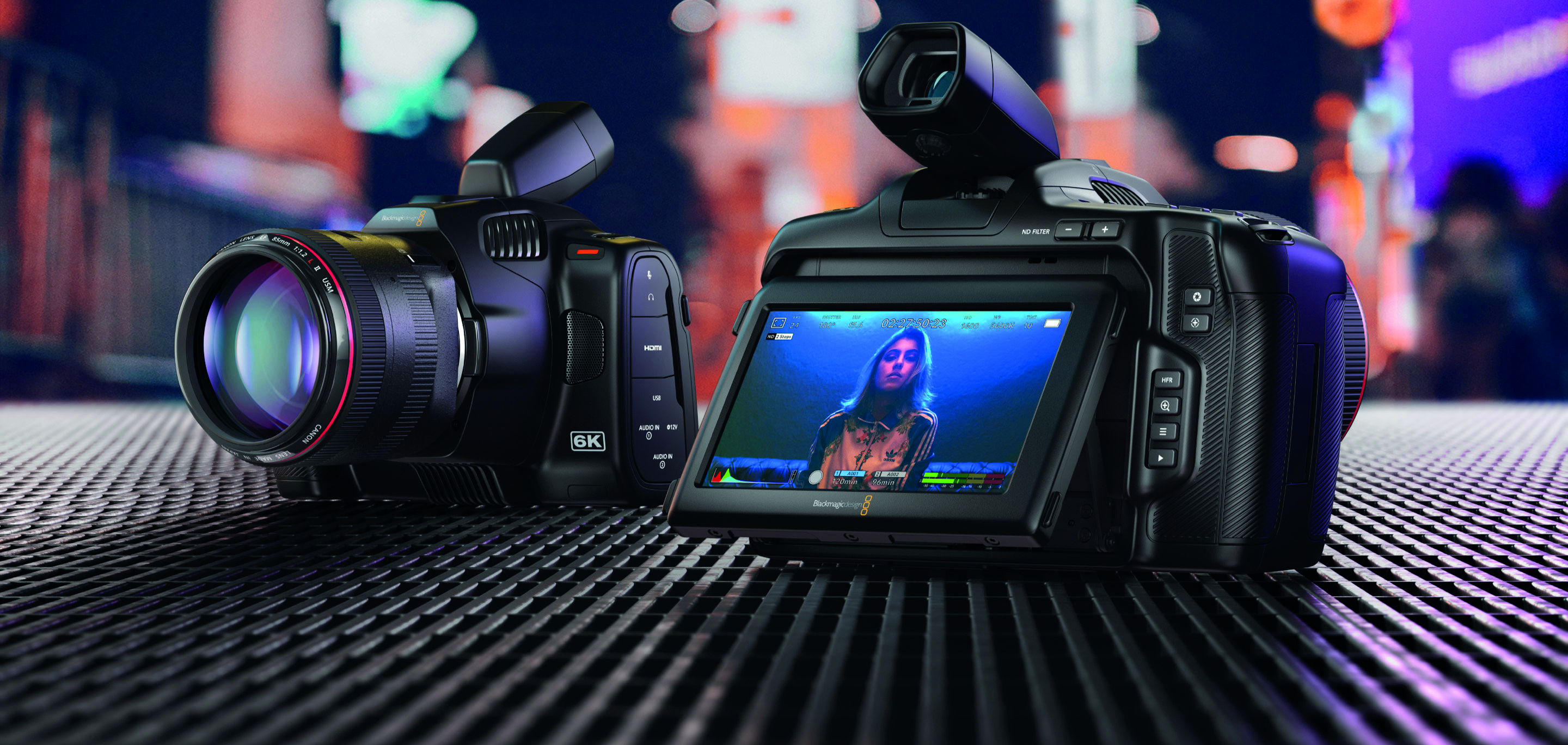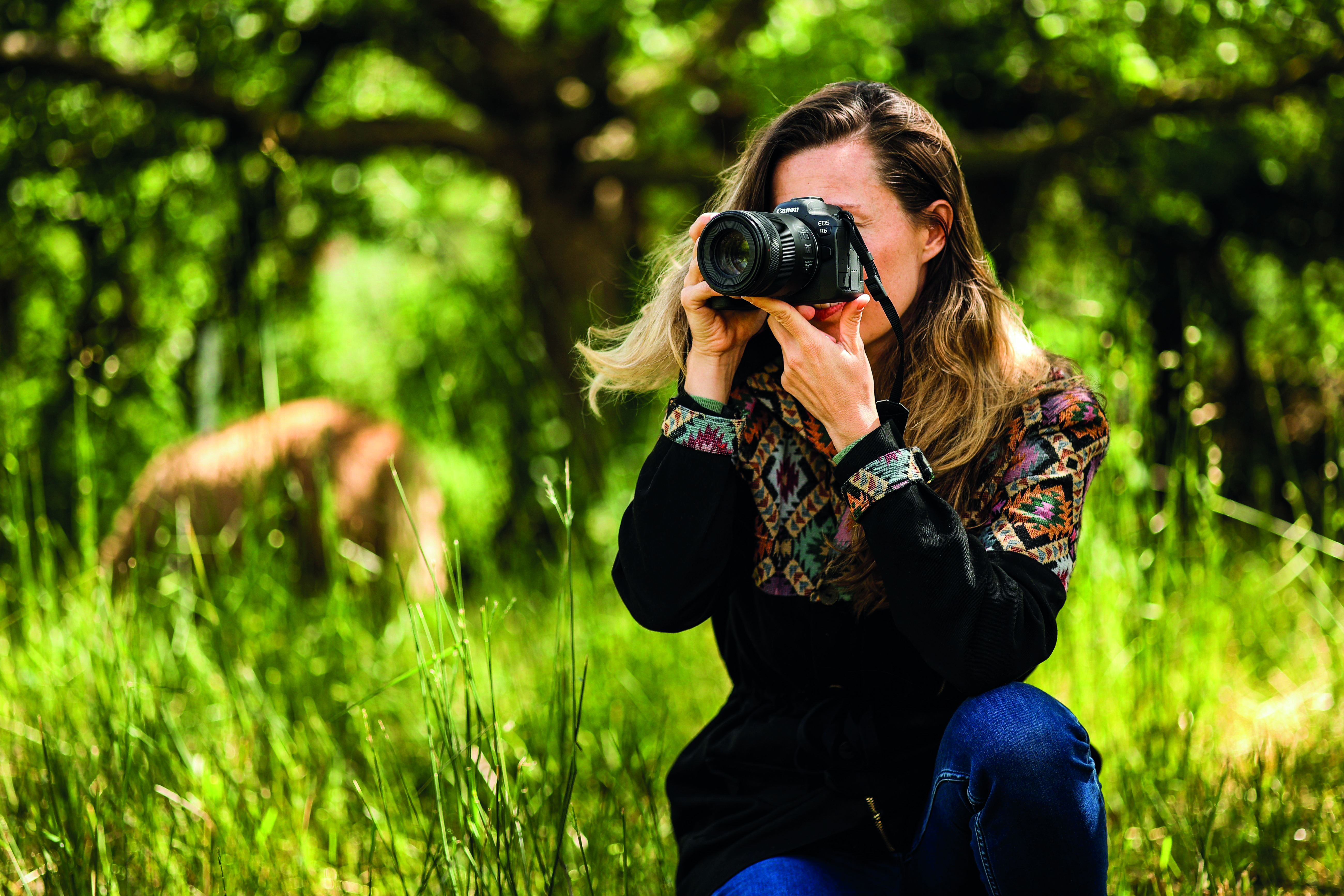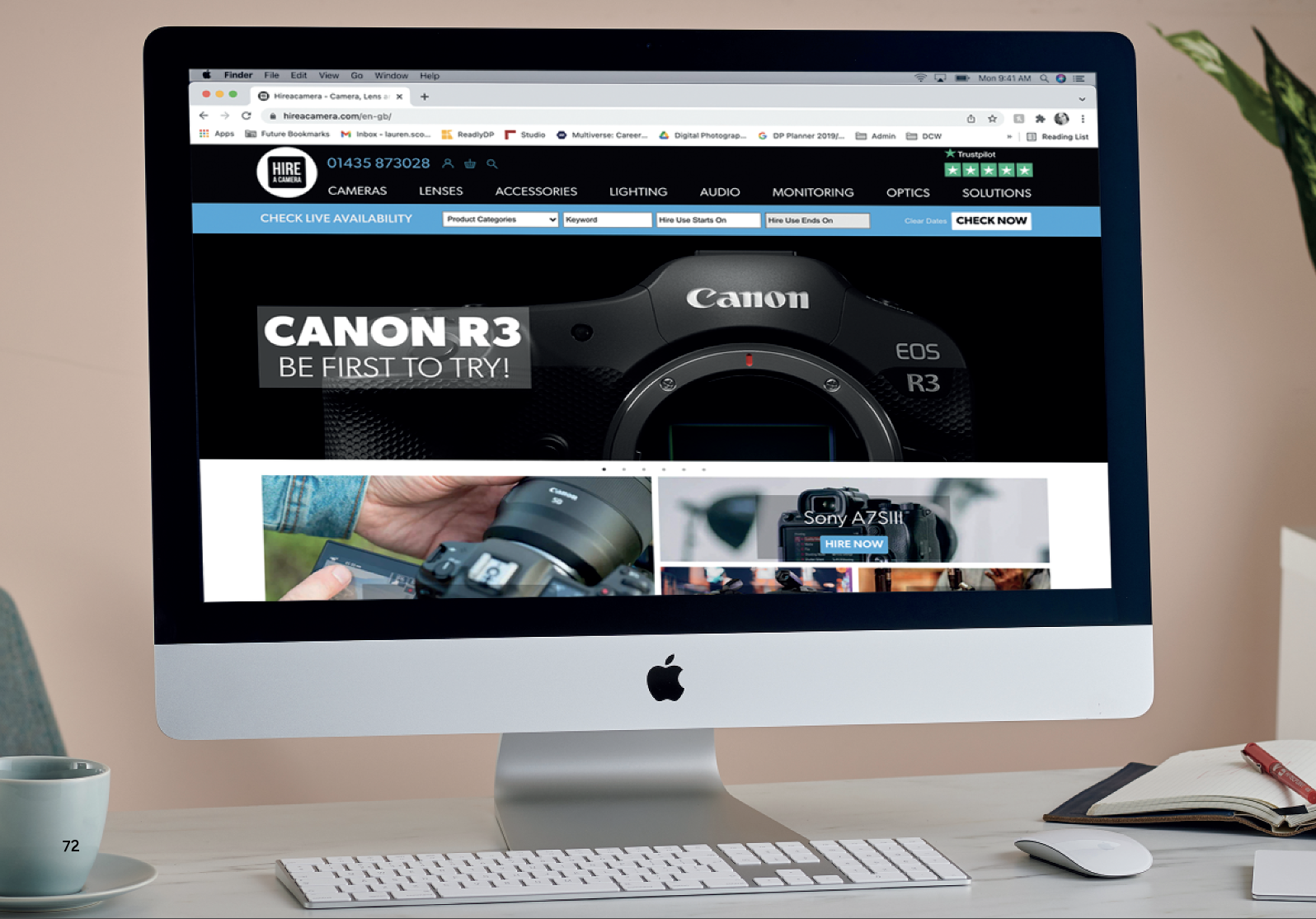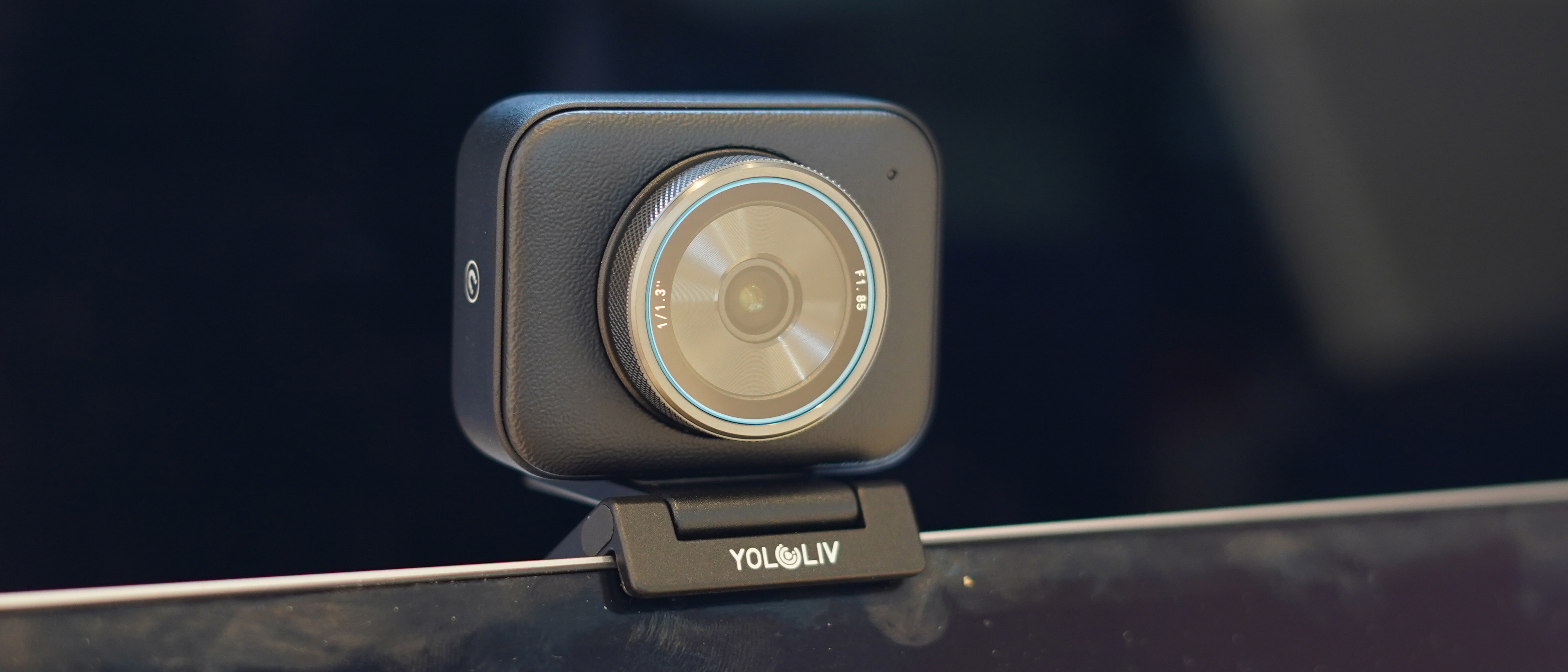What you need to know about renting camera gear
When investing in expensive photography gear, is it better to own it outright or hire it when you need it? It depends! Let's look at the pros and cons of each option
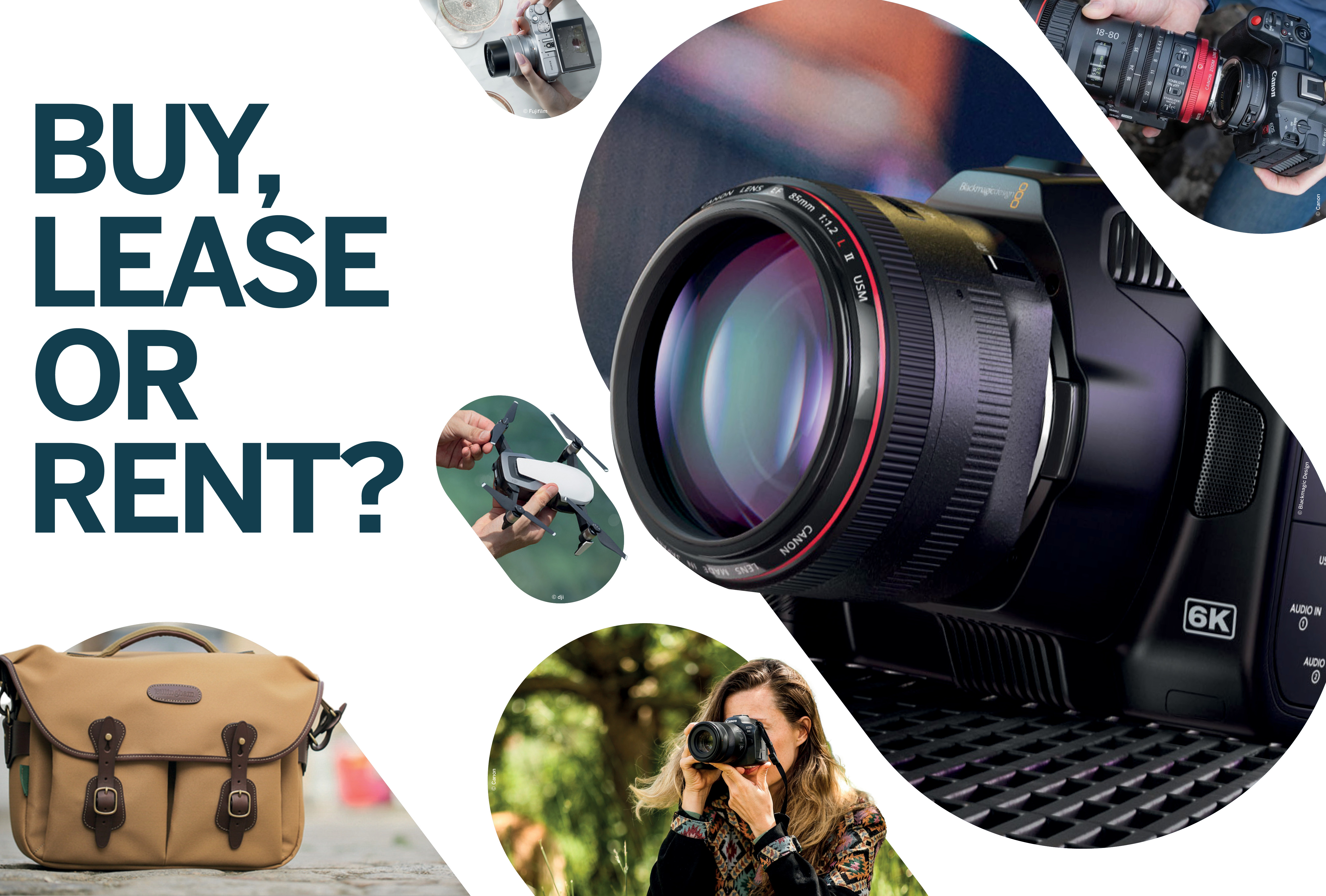
The best camera deals, reviews, product advice, and unmissable photography news, direct to your inbox!
You are now subscribed
Your newsletter sign-up was successful
Renting a camera is a great way to save money in the long run. Whether you’re an enthusiast or a professional, there’s no denying that photographic kit is expensive. And there are some excellent cheap cameras out there, but for high-end models it can often take many paid shoots to reap back the initial spend, and any purchase you make needs to be carefully considered.
You can also save money by using creative solutions on a shoot – for example, choosing to use a kit zoom lens over a premium prime – but when you’re producing high-end content for clients, you really do need the best tools for the job.
• What are the best camera lenses to buy?
Of course, buying new gear isn’t always necessary, especially if you’re only planning to use an item for one or two jobs (we’re looking at you tilt-shift lenses), so what about renting or leasing specialist cameras and lenses? That way, you can build the cost into client quotes, or you can make payments gradually instead of in one go.
Let's look at your best options for buying, renting and leasing equipment – and the advantages of each.
Buying camera kit
It makes sense for a solo professional photographer to own at least one main camera body and a few key lenses. Having kit at your disposal at any given time is vital for creativity, spontaneity and all-round regular practice.
They say that the best camera is the one that you have on you, and if you’re someone who shoots on the fly – when the right weather conditions arrive or when a rare wildlife species appears – you need to be able to access your tools immediately.
The best camera deals, reviews, product advice, and unmissable photography news, direct to your inbox!
If you are due to buy a new camera, it’s a good idea to look for seasonal promotions (Black Friday camera deals are great for saving money). If your old camera is still in good nick but you don’t want to keep it, you can also consider part-exchange as a way to offset the cost.
Leasing camera kit
While there’s something satisfying about owning your gear, in some situations it can make more sense to lease. In short, a lease is an extended rental agreement where the owner of the equipment allows you to make use of the kit in exchange for regular lease payments.
A good example of a situation where it might be preferable to lease is to kit out a new studio to grow your portrait business. Stands, lighting and accessories all amount to a substantial amount of money upfront and, if you are at the beginning of your professional career, you might not have access to that kind of funding.
Leasing, however, allows you to preserve your cash flow, meaning that you only require a small initial investment to get the equipment you need, and you can spread the payments out over a longer period. Ultimately, leasing might allow you to grow your business more quickly.
We all know how quickly camera tech moves on, so unlike buying and owning gear outright, leasing means that your equipment won’t become obsolete. You can usually trade up to the newest advancements when the lease expires. Of course, it’s worth remembering that at the end of a lease agreement, the equipment isn’t technically yours and it may or may not have to be returned to the original lease owner.
Some firms will offer you the chance to enter into what’s called a Secondary Period – a one-off payment that extends the lease indefinitely, so check this when setting up an agreement.
Leasing is more long-term and less common than renting, but it isn’t generally too complicated to get approved. For example, in the UK, photo retailer Wex Photo Video has partnered with PhotoLease, which claims to be “the only specialist finance company in the Photographic Industry.”
As an applicant, the company will first ask you to identify the equipment you need and where you want to lease it from, then make an enquiry by phone, email or online. Once you have had that initial conversation, the company will inform you of its decision and, if you have been accepted, they will send you a lease agreement by e-signature, email or post, before arranging the delivery of the equipment to you.
There are a number of companies that can help you with camera finance, including Johnson Reed and T4 cameras . It pays to get several quotes and see how they compare.
We aren’t qualified to offer you sound financial advice, but when leasing any gear, be sensible with what you can afford and try to avoid getting carried away. Ensure that you can manage any monthly payments and that they won’t prevent you from investing in your business elsewhere in the future.
Renting camera kit
When you land a big commercial job, it can seem like the perfect opportunity to splurge on big-ticket photo items. However, in these situations, it often makes more sense to rent gear rather than buy it. Renting is the perfect option when you need a few key items that you won’t use regularly – think specialist lenses, high-powered studio flashes or backdrops.
Hiring allows you to use specialist products for a one-off job, sure, but it also allows you to try before you buy. Got your eye on a new lens but don’t know whether you’ll like it? Rent it for a few days and you’re likely to find out before spending thousands of pounds.
There are many different companies out there for renting photographic gear – including real-life shops and, of course, online-only retailers. In the UK, the major online sites include Hireacamera and Wex Rental , while in the US, look to camera stores such as Calumet Photographic and Adorama Rentals.
Planning is important when it comes to renting gear, especially if you have a time-sensitive shoot or a client event. Aim to reserve and order items well ahead of time to ensure they are in stock and factor in delivery schedules to make sure they will be available when you need them. Most companies have several collection options – you can pick up gear on-site (handy if you live nearby or if it’s on the way to a shooting location), get it delivered to your home address or have items dropped off at a pick-up point, such as a camera shop (a good bet if you can’t wait in for a delivery).
If you’re a first-time renter, you can expect to fill in a few forms and pay for a damage waiver as insurance. When it comes to pricing, make sure you take the cost of insurance, delivery and any damage waivers into account. If you’re hiring gear for a commissioned shoot, you might want to factor this in when negotiating a rate with your client.
Some companies, such as Hireacamera, offer a special weekend rate on gear that is rented during that time, which gives you extra time for your fee and more wiggle room for you to check and return items – no photographer wants to pay a late return penalty.
Get the best from renting, buying and leasing
Be tax savvy If you’re registered as a self-employed photographer, don’t forget to list any equipment you purchase against your taxable income.
Read the small print Make sure you read the terms and conditions thoroughly before committing to any lease or rental agreements. You don’t want any unexpected financial surprises later down the road.
Plan ahead Popular lenses can be rented out months in advance, so to ensure that you have the right kit, hire your lenses for a shoot as soon as you know the date.
Get insurance In many instances, when renting and leasing photography kit it is your responsibility to keep the equipment insured for all risks for the term of the agreement.
Don’t overstretch Only commit to renting or buying what you know you can afford, and make sure any regular payments won’t hamper your photography business in the future.
Read more
Best professional cameras
How to monetize your photography
What are the best camera lenses to buy?

Lauren is a writer, reviewer, and photographer with ten years of experience in the camera industry. She's the former Managing Editor of Digital Camera World, and previously served as Editor of Digital Photographer magazine, Technique editor for PhotoPlus: The Canon Magazine, and Deputy Editor of our sister publication, Digital Camera Magazine. An experienced journalist and freelance photographer, Lauren also has bylines at Tech Radar, Space.com, Canon Europe, PCGamesN, T3, Stuff, and British Airways' in-flight magazine. When she's not testing gear for DCW, she's probably in the kitchen testing yet another new curry recipe or walking in the Cotswolds with her Flat-coated Retriever.
